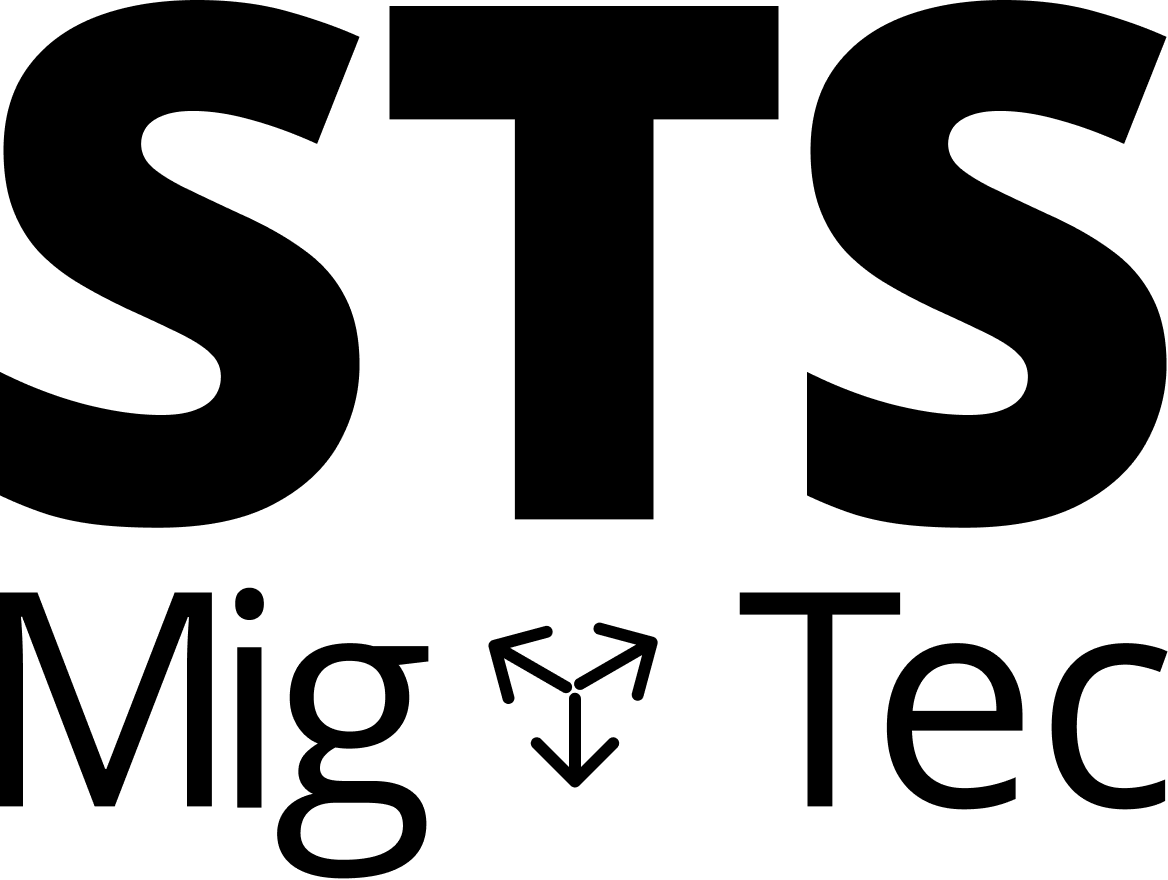About us
STS-MigTec is an independent network of scholars at the intersection of science and technology studies (STS) and critical migration, security and border studies. We bring together researchers from different disciplines around the world, initiate scientific exchange, and organise events, funding, and publication projects.
Founded in 2019, it provides a critical understanding of current transformations of migration and border control shaped by the development, implementation and usage of technologies. This includes high-tech (biometric, digital, AI and other new technologies) and low-tech technologies.
STS-MigTec encourages the collaboration between researchers, activists and other actors from civil society and is open to different forms of knowledge production.
STS-MigTec as a network of mutual support
STS-MigTec supports researchers by initiating different fora for exchange, providing a safe space for preliminary ideas and drafts, and building a platform for joint projects. It is dedicated to support early-career scholars. All events take place online or hybrid.
> monitoring current dynamics in the field of migration, security, and border control
> creating issue oriented research groups
> sharing work-in-progress research in colloquia
> presenting research in conferences and workshops
> discussing state-of-the-art publications with authors
> developing teaching and writing formats for early-career scholars
> organizing publication projects with publishers
> introducing newly funded project
> applying for funding for network activities and travelling
Our research agenda
STS-MigTec assembles, stimulates and initiates research which examines migration and border control as complex entanglements between policies and regulations, technologies and other devices, people and practices.
design and development of technologies, inscriptions of values, conceptions of users and user contexts, classification systems of ‘risks’ and ‘threats’, biometric border devices, racial and gender in training AI, techno-scientific and state-industrial collaborations, regulation and implementation of transnational databases and information systems, interoperability, command and coordination centers, solutionism, imaginaries of innovation and securitization, issues of fundamental rights, data protection, privacy and data justice, intransparency, accountability, differential inclusion, fabrication of knowledge, risk analysis, country of origin information, silencing, digital mapping, politics of (in)visibility, secrecy, non-knowledge, othering, data practices, suspicion, security devices, data creation, processing, and distribution, frictions, non-recording, discretion, low-tech coordination, autonomy of migration, mobile commons, migrant knowledge production, contestation and subversion of biometric bordering, temporality of datafied border control, digital diaspora, mediatized navigation, connected migrant, (non)publics, debates, controversies, claim making, non-publics, forms of protests, ignorance, infrastructures, politics of circulation, path dependencies, installed bases, maintenance, standards, material culture.etc.
